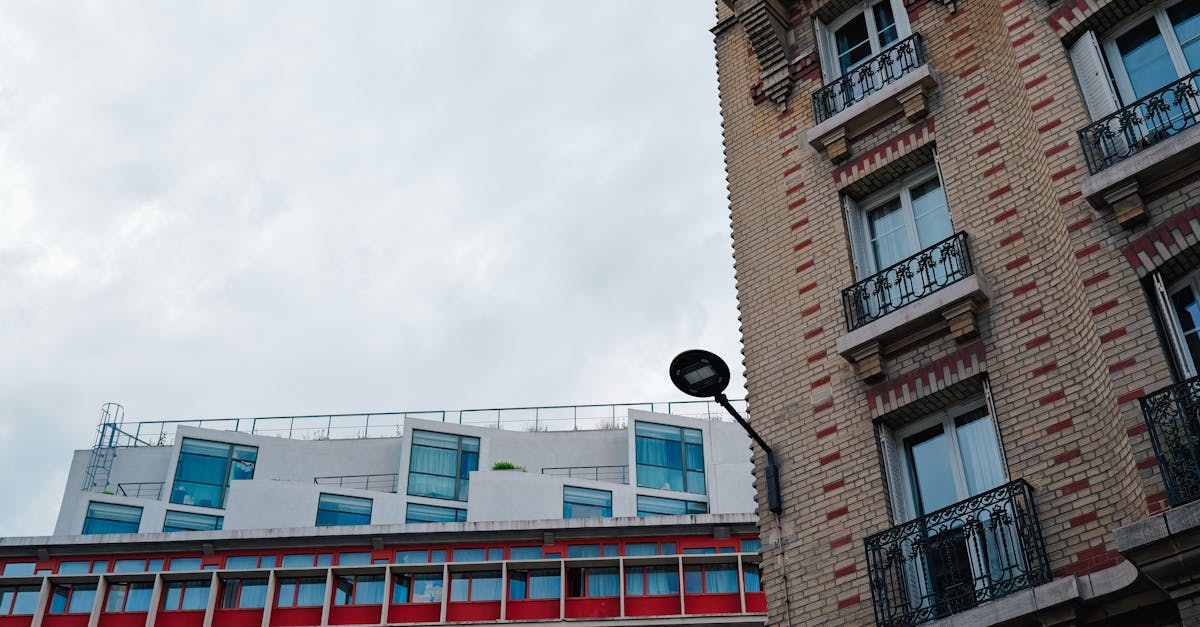Honolulu's downtown area is at a critical juncture, prompting city officials to explore strategies for revitalization. A key proposal under consideration is the creation of a Downtown Business Improvement District (BID), which would levy a fee on property owners to fund improvements and initiatives aimed at making the area more attractive to businesses and residents. This effort comes as the downtown area grapples with the aftereffects of the pandemic and shifts in the work landscape, leading to changes in how businesses operate and where people choose to work.
KHON2 reported on the council's efforts, highlighting the urgency of the situation and the potential impact of the BID. The aim is to provide a range of services and improvements, from enhanced security to beautification projects, to entice people back to downtown. The shift to remote work has had a major impact, with chains closing and moving out of the area. The hope is these new investments will restore the area as a hub for those who live and work there.
This initiative, however, faces challenges. As Civil Beat points out, some small business owners are skeptical, believing that improved aesthetics alone won't solve the problem of declining foot traffic. They argue that the fundamental issue is a lack of customers, particularly office workers who previously fueled the downtown economy. Property manager Zareh Abrahamian told Civil Beat that the proposed changes will not solve the core problem of bringing people downtown.
Nevertheless, proponents of the BID believe it is a necessary step toward creating a more vibrant and economically viable downtown. The Honolulu City Council is also addressing questions and concerns from residents and businesses, as discussed at a town hall meeting covered by KITV. This shows how progress has been made on revitalizing the community.
The creation of a BID could have implications for local entrepreneurs and investors. Property owners will experience an increased tax burden, which may impact their investment decisions and require careful financial planning. The success of the BID could also encourage new investment and create business opportunities in areas such as hospitality, retail, and services. However, the long-term success hinges on the city's ability to address criticisms to not only improve the area, but also attract people back to the area.



